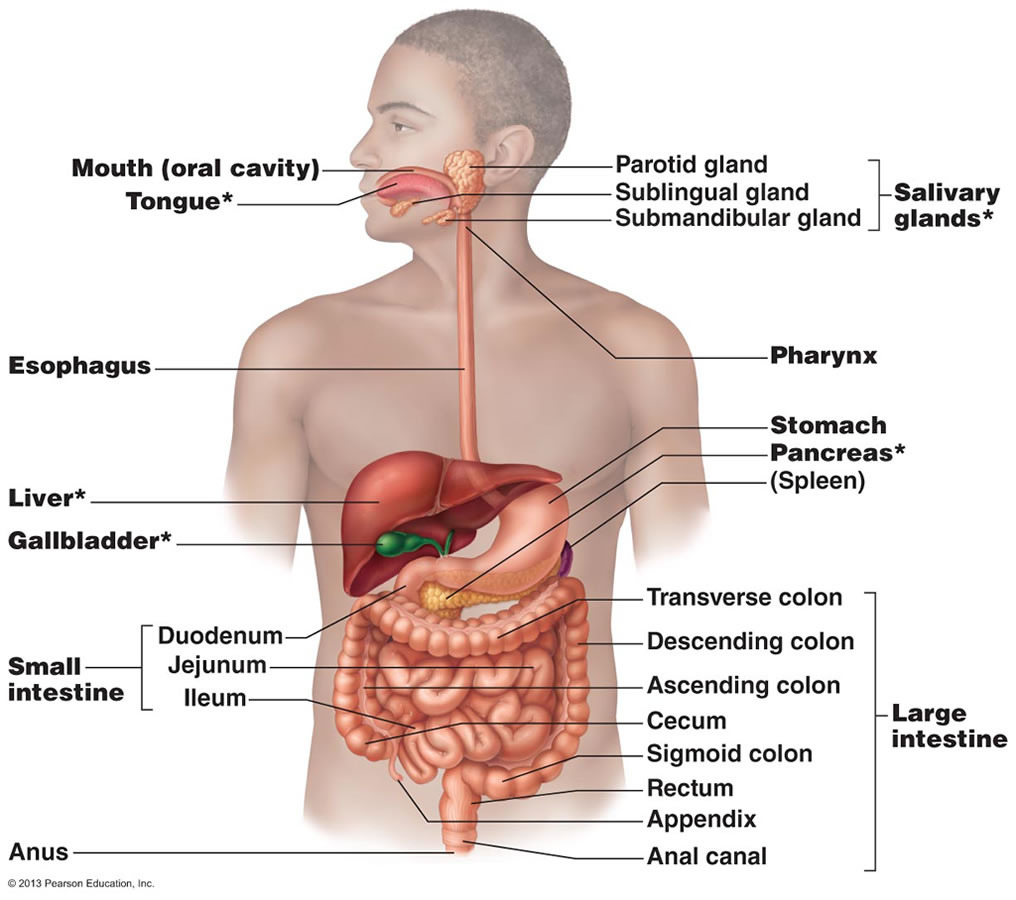Digestive enzymes are essential proteins that facilitate the breakdown of food into smaller, absorbable molecules. As we age or face health challenges, our natural enzyme production can decline, leading to digestive issues like acid reflux, irritable bowel syndrome (IBS), or nutrient absorption problems. Here’s a comprehensive look at digestive enzymes:
Types of Digestive Enzymes and Their Functions
- Proteases: Break down proteins into amino acids. Examples include Trypsin and Chymotrypsin from the pancreas.
- Lipases: Aid in breaking down fats into fatty acids and glycerol. Pancreatic Lipase is a notable example.
- Amylases: Convert complex carbohydrates into simple sugars like glucose. Salivary Amylase and Gastric Amylase are involved in starch digestion.
- Lactases, Sucrases, and Maltases: Convert lactose, sucrose, and maltose into simpler sugars for absorption in the small intestine.
- Phospholipases and Nucleases: Break down phospholipids and nucleic acids, respectively.
Benefits of Digestive Enzymes
- Enhanced Nutrient Absorption: Helps in better absorption of nutrients like amino acids, fatty acids, and sugars.
- Support for Digestive Disorders: Alleviates symptoms of digestive disorders such as acid reflux, IBS, and inflammatory bowel disease.
- Improved Overall Digestive Health: Facilitates the breakdown of proteins, fats, and carbohydrates, reducing gastrointestinal discomfort.
When to Consider Digestive Enzyme Supplements
- Digestive Issues: If experiencing symptoms like bloating, gas, or indigestion due to insufficient enzyme production. Conditions such as pancreatic insufficiency or gastrointestinal diseases may require enzyme supplementation for optimal digestion.
- Aging: Natural decline in enzyme production with age can benefit from supplemental enzymes to maintain digestive health.
Natural Sources of Digestive Enzymes
- Raw and Fermented Foods: Just a few options, pineapple, papaya, kiwi, yogurt, sauerkraut, and kimchi contain natural enzymes that aid digestion.
Conclusion
Understanding digestive enzymes and their role in digestion is crucial for maintaining overall health, especially for individuals with digestive disorders or aging-related enzyme decline. Supplemental enzymes can significantly improve nutrient absorption and alleviate gastrointestinal discomfort when used appropriately under medical guidance. Always choose reputable brands and consult healthcare professionals for personalized advice on enzyme supplementation.
